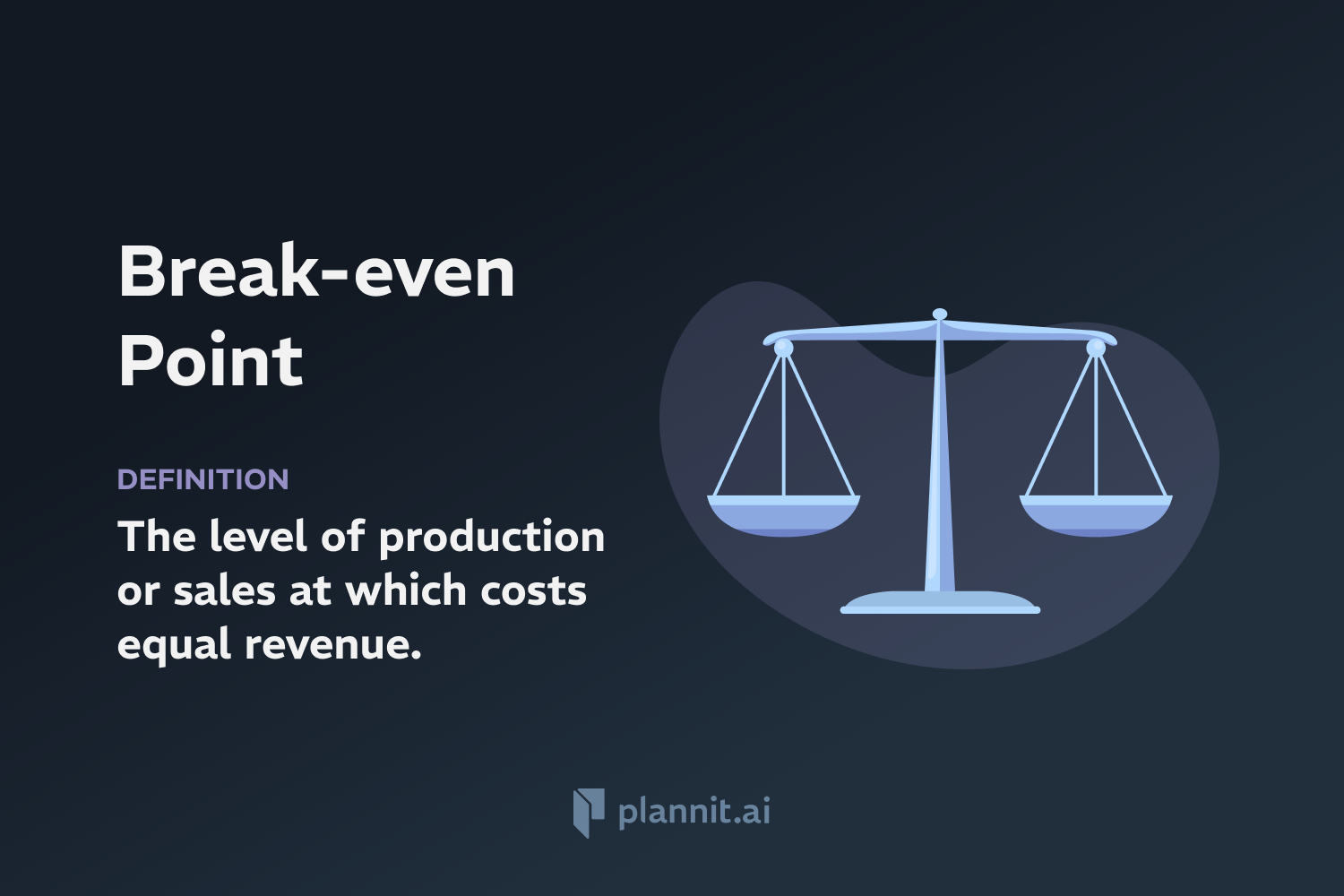Need Help With Your Business Plan?
Answer tailored questions and get a detailed business plan in minutes.
Sales: Definition & In-Depth Explanation
Definition:
Sales refers to the activities and processes involved in promoting and selling goods or services. Sales functions are critical in businesses as they directly generate revenue and involve direct interaction with customers, from initial contact and negotiation to closing the deal and providing post-sales support.
Context of Use:
Sales is a fundamental aspect of business operations across all industries, whether the business offers products or services. Effective sales strategies and processes are vital for driving business growth, acquiring new customers, and maintaining relationships with existing customers.
Purpose:
The primary purpose of sales is to fulfill the needs and desires of customers through the exchange of goods or services for money or other agreed-upon value. This function not only supports the sustainability of a business but also helps in expanding its customer base and market reach.
Example:
Retail Sales: Transactions in retail stores where consumers buy products for personal use.
B2B Sales (Business-to-Business): Involves selling products or services from one business to another, often in larger quantities or contractual agreements.
Related Terms:
Revenue: The total income generated from sales of goods or services.
Lead Generation: The initiation of consumer interest or inquiry into products or services of a business.
CRM (Customer Relationship Management): A strategy for managing a company's interactions with current and potential customers.
FAQs:
1. What are the key stages of the sales process?
A: Key stages typically include prospecting, connecting, researching, presenting, handling objections, closing, and follow-up.
2. How do sales strategies differ between industries?
A: Sales strategies can vary greatly depending on the industry, product complexity, sales cycle length, and customer type (B2B vs. B2C). For example, B2B sales often involve longer negotiation processes and higher-order values compared to B2C sales.
3. What skills are essential for sales professionals?
A: Essential skills include excellent communication, negotiation, empathy, active listening, and strategic thinking.
4. How is sales performance typically measured?
A: Sales performance is measured using various metrics, including sales volume, revenue generated, completion of sales goals, and customer feedback.
5. How does technology impact sales?
A: Technology plays a critical role in modern sales processes through tools like CRM software, data analytics for understanding consumer behavior, and digital marketing tools for lead generation and customer engagement.
Get funding with a business plan that will impress investors.
Starting a New Business?



